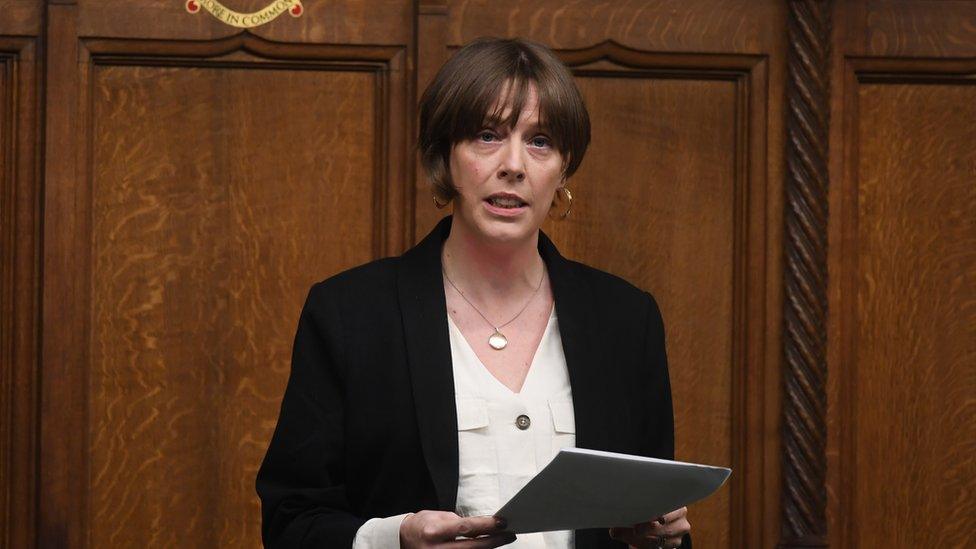Domestic abuse: Refuges turn down women as demand for places soars
- Published
Amelia spent two extra years in an abusive relationship due to a lack of space in refuges
Domestic abuse support organisations are having to turn women down for places in refuges because of a huge increase in demand during the pandemic.
Solace Women's Aid and Hestia, two of London's largest providers of refuges, are expecting numbers to rise further as lockdown restrictions are eased.
The chief executive of one refuge warned "we will see more women dying" if more support is not provided.
The government said tackling domestic abuse "remains a top priority".
Solace Women's Aid, which runs 22 refuges in the capital, saw a 53% rise in referrals between January 2020 and January 2021, while Hestia, which has 27, saw a 38% increase in six months following the announcement of England's first lockdown last March.
Solace also said they had been unable to take 700 calls for help during September last year because of a lack of resources.
Both organisations are expecting another increase in demand for places from April as the current restrictions are gradually lifted, in line with their experience following the first two lockdowns.
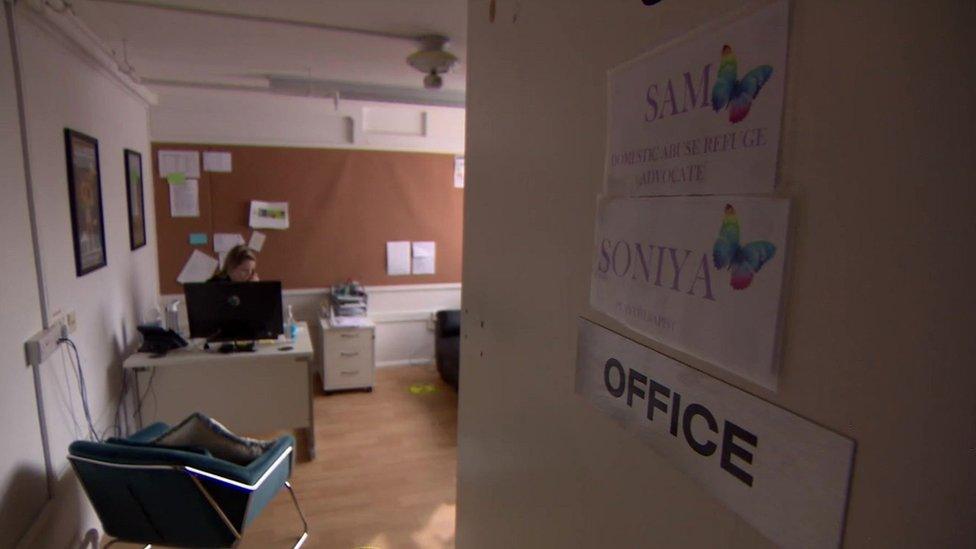
Domestic abuse refuges are expecting increasing numbers of women to contact them as lockdown eases
When refuges do not have spaces available, women are referred back to the National Domestic Abuse Helpline to attempt to find them a place elsewhere.
Despite the increasing demand, domestic abuse charities continue to urge women to come forward if they are trying to escape abusive partners.
Amelia - not her real name - tried to leave her partner two years ago but was turned down for a space on multiple occasions and had to stay in the relationship.
"I've been locked in the house, I've been hit, I've been grabbed by the neck, thrown up against a wall, had a rib broken, punched, kicked," she said.
She finally escaped to a refuge with her children five months ago and believes that "if it wasn't for this space I probably wouldn't be here today".
The Reigate and Banstead Women's Association (RBWA) has three refuges in Surrey and mainly houses families from the London area.
It saw a 150% increase in demand in the 12 months up to January 2021.
The RBWA is to offer places for 12 more families from the beginning of April after receiving new funding from Surrey County Council.
However, the organisation says it still expects to have to turn some families away due to the huge demand for refuge space.
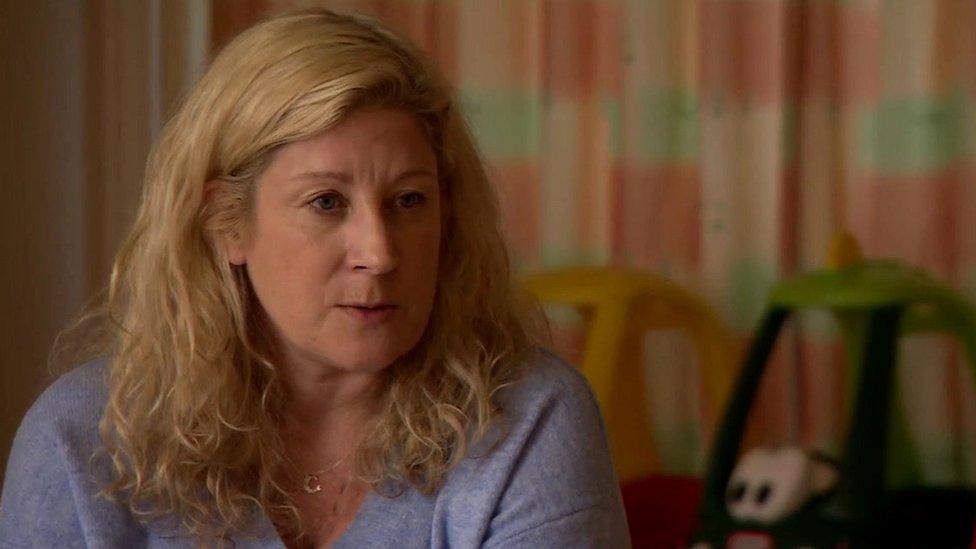
Charlotte Kneer has called for more help for domestic abuse refuges
Chief executive Charlotte Kneer said that for every one place available, the RBWA has been turning eight women away.
"The increase in women and children trying to access refuges in this country is unbelievable," she added.
"Until this situation is sorted out, where there's a national strong network of refuges that can support many, many more families, unfortunately we will see more women dying."
Domestic violence charity Women's Aid said refuges were being hit by a "funding crisis" which was leading to "women and their children being left with nowhere to go".
In response, the Ministry of Housing, Communities and Local Government said they had "provided unprecedented additional funding of £76m to help domestic abuse survivors" during the pandemic.
"This remains a top priority for this government," a statement added.
You can find information and support for issues covered in this story on the BBC Action Line website.
Related topics
- Published14 March 2021
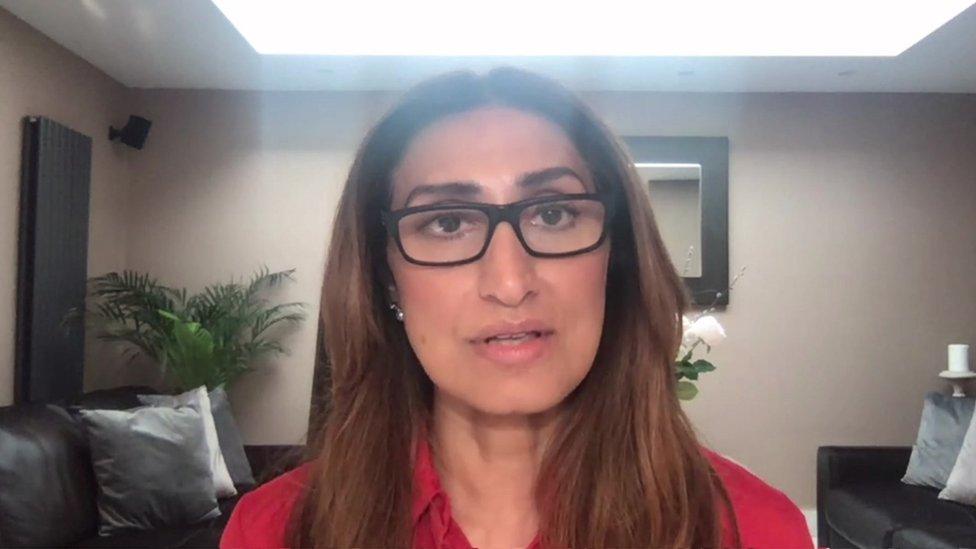
- Published12 March 2021
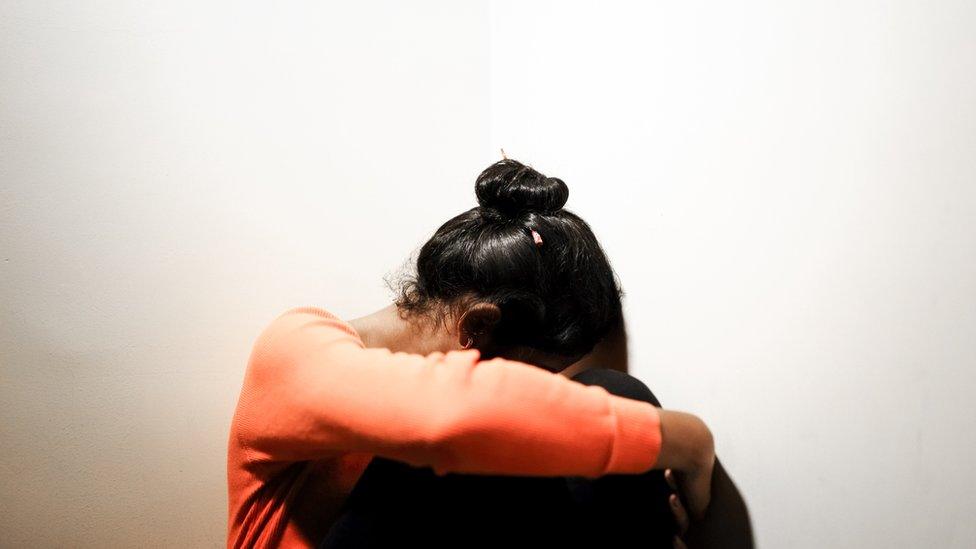
- Published30 June 2022
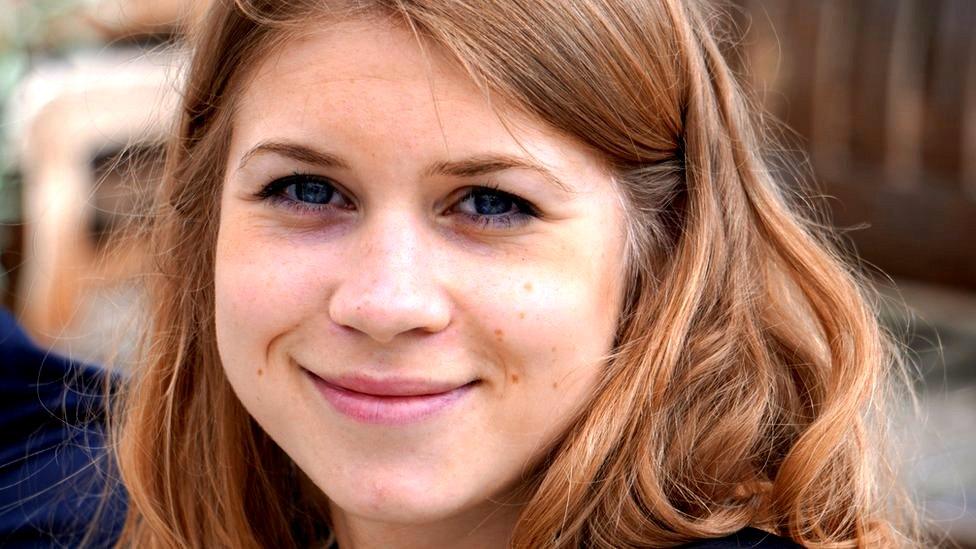
- Published11 March 2021
